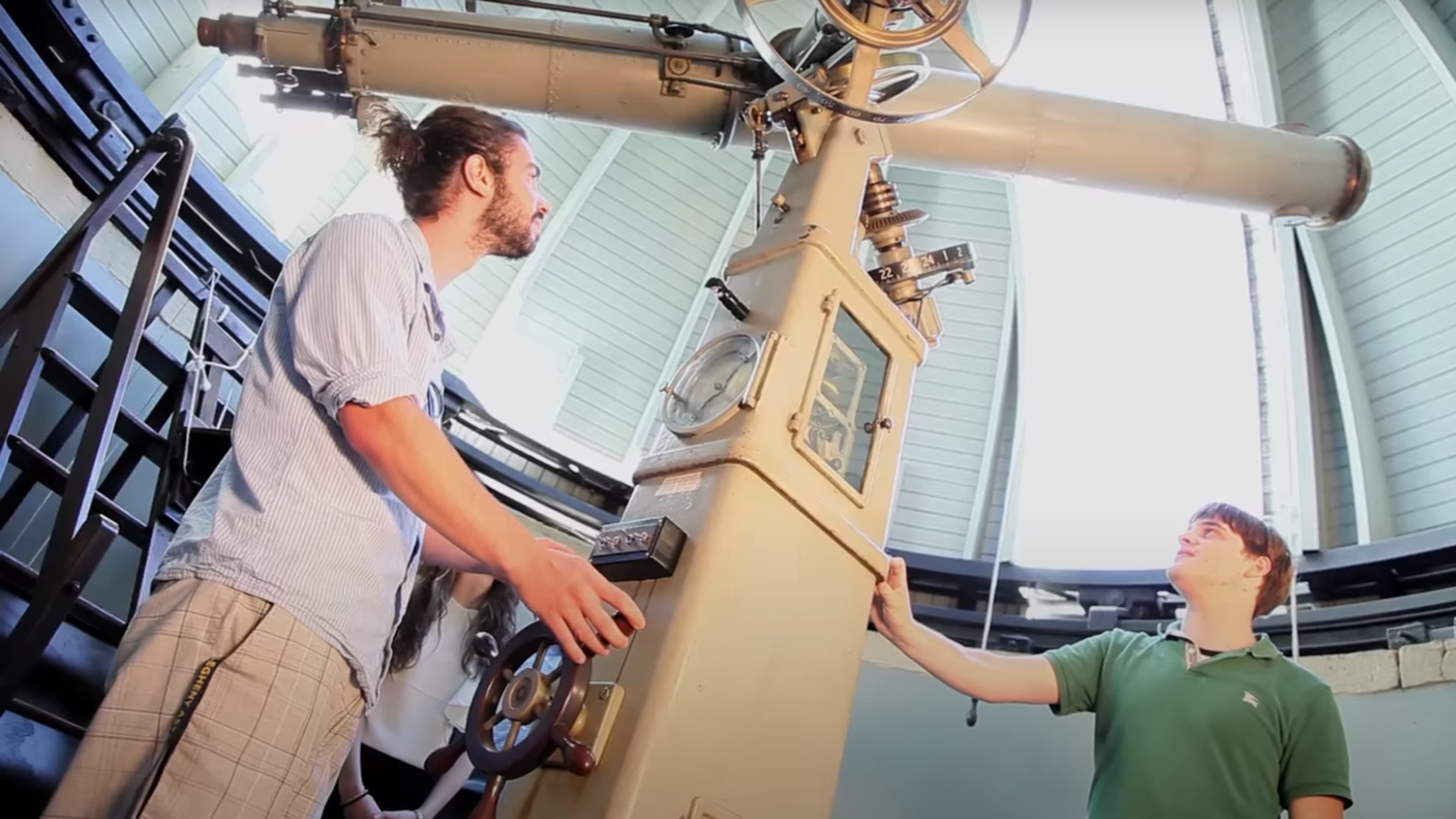Mathematics and Natural Sciences
Neuroscience Major
Study the brain and nervous system, drawing upon biology and psychology and exploring areas such as development, sensation and perception, behavior, cognition, learning and memory, movement, sleep, and stress. You'll gain research, analytical, and communication abilities valued by employers and graduates schools alike.

Your Four-Year Journey
Students often combine Neuroscience with a major or minor in Economics, Global Health Studies, Political Science, or Psychology.
Understanding
Gain fundamental chemistry, biology, and psychology knowledge in the Neuroscience major.
New Approaches
In 200-level courses, you begin to understand the tools and methods used in neuroscience research. You'll also start to see connections between sensory processing, behavior, cognition, and health,
Delving Deeper
Now it's time to start taking your first steps to conduct and interpret the results of neuroscience experiments in the Junior Seminar. The seminar is built as an advanced research course where advisors will guide you.
The Comp
Neuroscience majors display their oral and written skills with the Senior Comp. The comp is a unique research project where students investigate a topic of their choice and develop a unique thesis.
Career Outcomes
33
Of majors continue their neuroscience education in graduate school.
28
Of majors enter medical, veterinary, or physical therapy school.
14
Of majors find employment as research technicians at major research universities.
Alumni Careers — A Sampling
Class of 2019, Neuroscience Major/Spanish Minor
“ Throughout my experiences in this program, I met lifelong friends and colleagues who have only furthered my love and appreciation for neuroscience and how it can apply to every aspect of our daily lives on many levels. Now, as a medical student, I am able to use what I have learned to work toward another of my lifelong goals: becoming a physician.” ”









